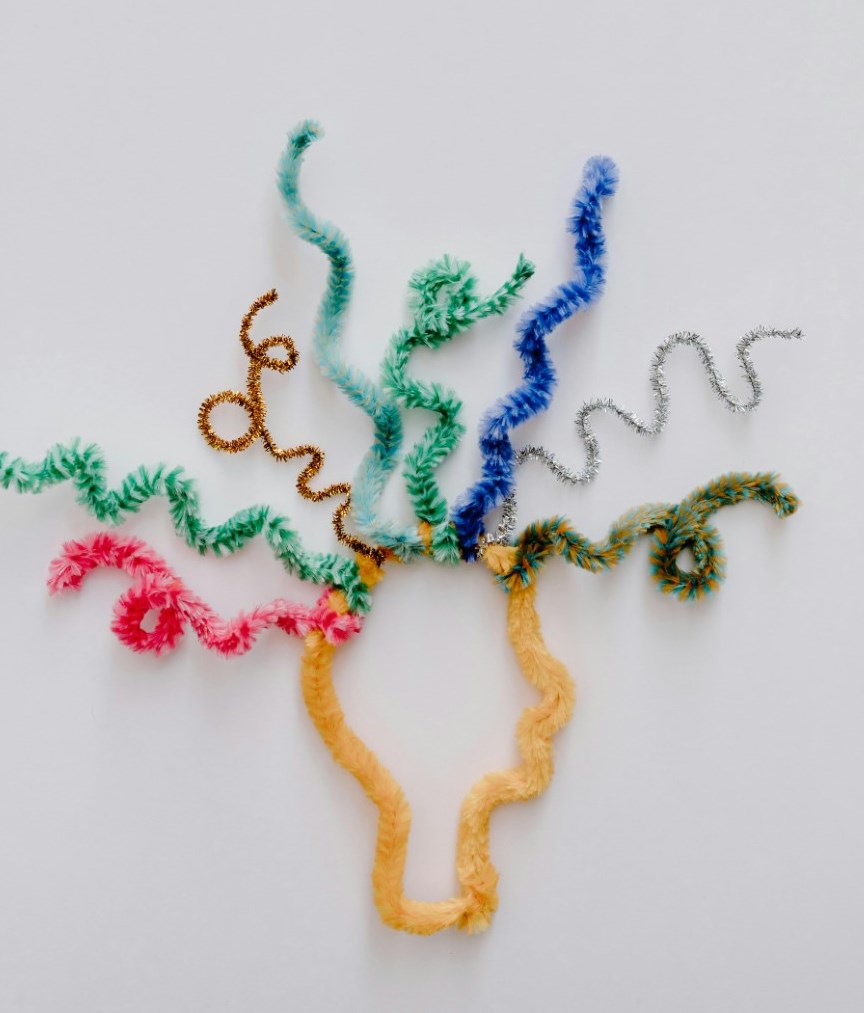It’s almost impossible to watch the news without encountering stories of radical, violent behaviour. Protests, uprisings, and societal tensions are surging, fuelled by anger, ignorance, resentment, and the collision of emotional needs.
How did we get here?
Researchers suggest we are biologically wired to thrive in close-knit communities of around 150 people. Anthropologist Robin Dunbar argues this is the optimal group size for human social networks, a concept still practised by groups like the Hutterites, who cap their colonies at 149 people before establishing new ones. In stark contrast, most of us now live in sprawling cities with populations in the millions, far removed from the small-village dynamic our brains are designed to handle.
Former generations led simpler lives. They went to bed early, slept eight hours, ate organic food grown locally, and fell in love with childhood sweethearts. They chose from a handful of career paths, raised children, and saved for the future – no credit cards, no constant advertising, and no overwhelming array of choices. Today, such a world seems like fiction.
Modern life bombards us with endless decisions and stimuli. We are exposed to thousands of advertisements daily, pressuring us to buy things we don’t need. Our homes glow with artificial light and electronics, contributing to an epidemic of sleep deprivation. Instead of a few career options, we’re faced with thousands, which often leads to analysis paralysis. And when we can invest in tens of thousands of stocks or order food with a tap on a phone, we lose touch with patience, thoughtful decision-making, and the joys of simplicity.
Technology and media keep us connected to every global drama, saturating us with news and crises from all corners of the world. This unrelenting flood of information overstimulates our brains and wreaks havoc on our happiness. Just like an overtired toddler, an overstimulated society becomes irritable, impulsive, and, ultimately, unhappy.
So, what’s the solution?
Jonathan Haidt, a New York University professor and expert on human happiness, says we need to find the right “path.” This doesn’t mean relying on sheer willpower to become happy; instead, we should nurture environments that allow happiness and fulfilment to come to us. Much like the small villages of our ancestors, our systems and surroundings must support collaboration, simplicity, and balance.
Psychologist Martin Seligman’s concept of “learned helplessness” illustrates why change feels so difficult. He observed that animals, when repeatedly subjected to situations where they have no control, become passive and stop trying to change their circumstances – even when those circumstances improve. Humans are no different. Many of us feel trapped by societal systems that leave us overstimulated, overburdened, and disconnected, unaware that we can step out of the metaphorical cage.
It’s time to break free.
Rather than perpetuating learned helplessness, we must foster respect, collaboration, and personal accountability. With technology at our fingertips, we have an opportunity to create tools that nurture our well-being rather than distract us. Why not develop apps that encourage mindfulness and connection instead of fleeting distractions or endless doom-scrolling?
We must also stop blaming others for our unhappiness. Real change begins with taking responsibility for the choices we make, the information we consume, and the environments we create. By focusing on positive growth and cultivating spaces where individuals work together, we can rediscover the balance and simplicity that our ancestors knew.
Which society do you choose? A fragmented, overstimulated one where blame and helplessness dominate? Or a collaborative, thoughtful society that embraces simplicity and supports human well-being?
The choice is yours.
Faith Wood is a professional speaker, author, and certified professional behaviour analyst. Before her career in speaking and writing, she served in law enforcement, which gave her a unique perspective on human behaviour and motivations. Faith is also known for her work as a , with a focus on thrillers and suspense. Her background in law enforcement and understanding of human behaviour often play a significant role in her writing.
©
The commentaries offered on Â鶹ÊÓƵ.ca are intended to provide thought-provoking material for our readers. The opinions expressed are those of the authors. Contributors' articles or letters do not necessarily reflect the opinion of any Â鶹ÊÓƵ.ca staff.




